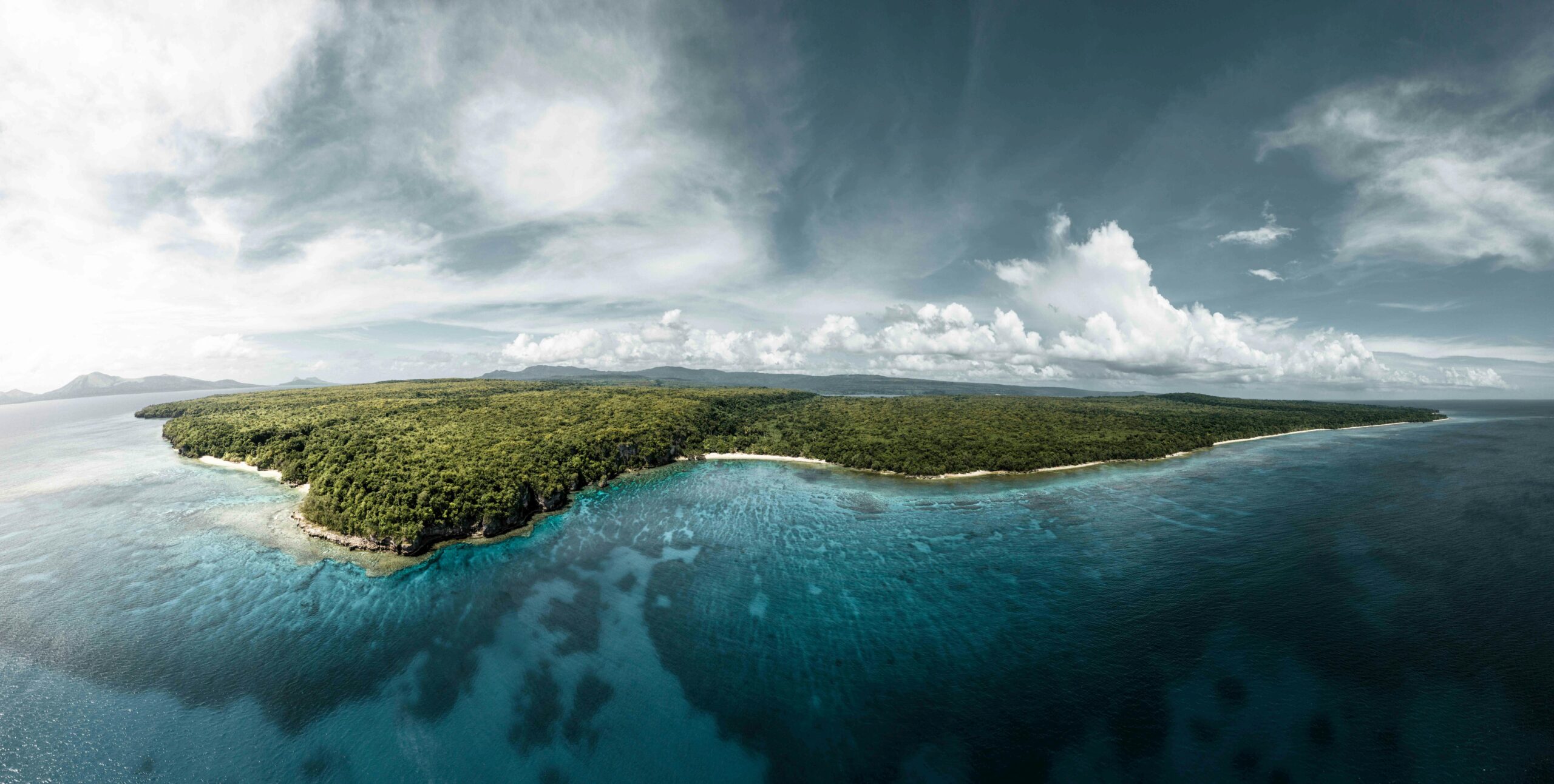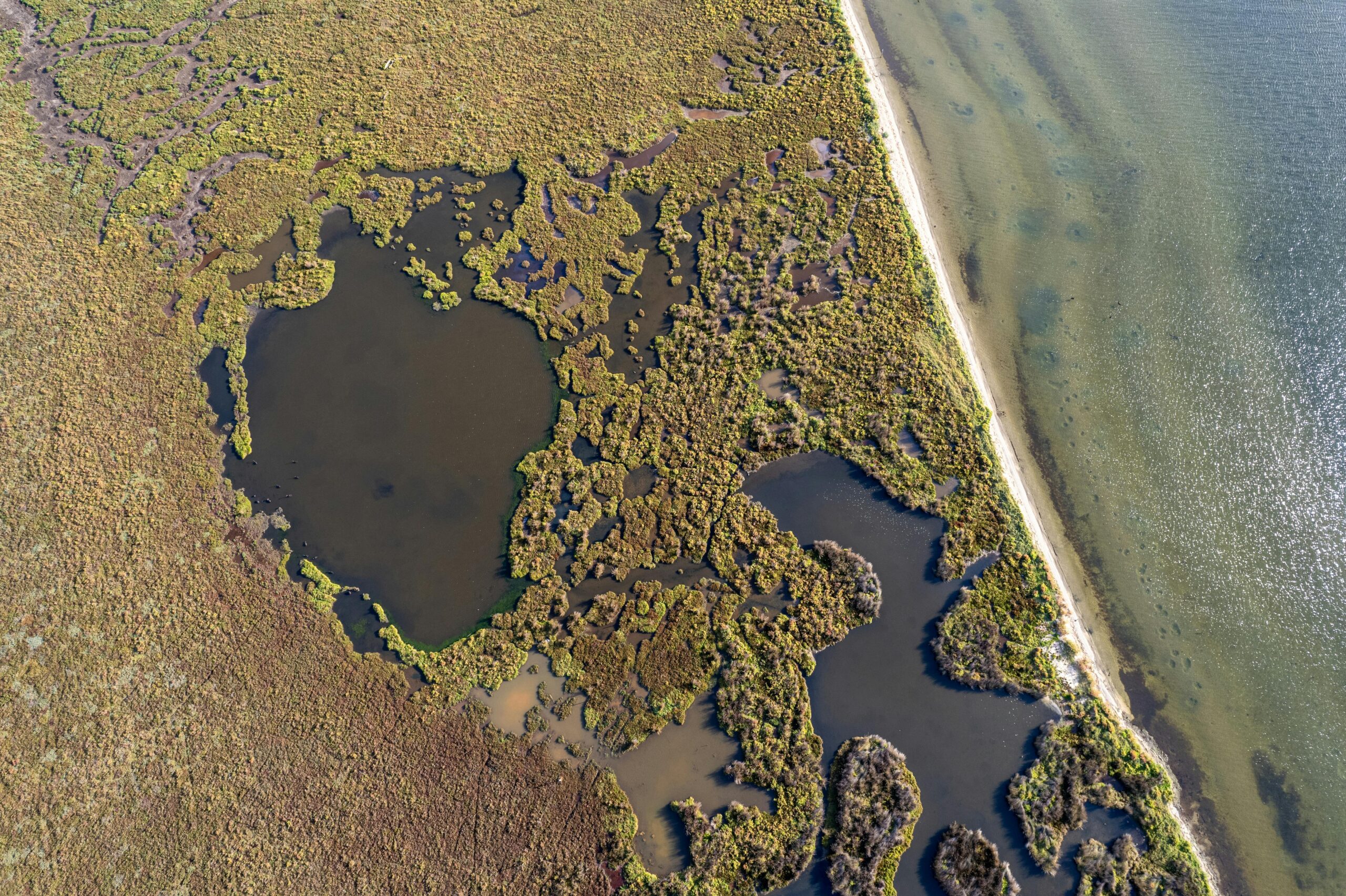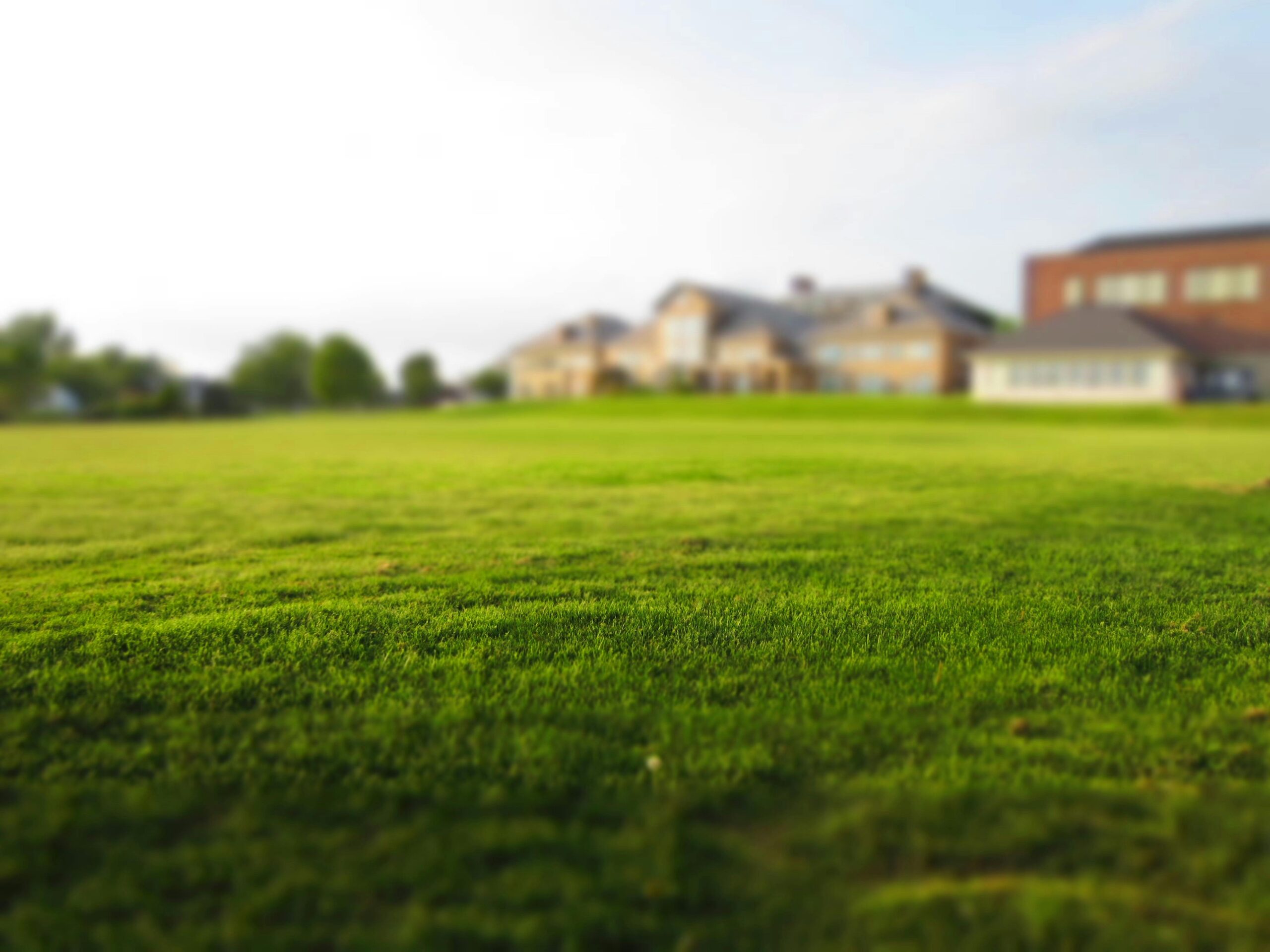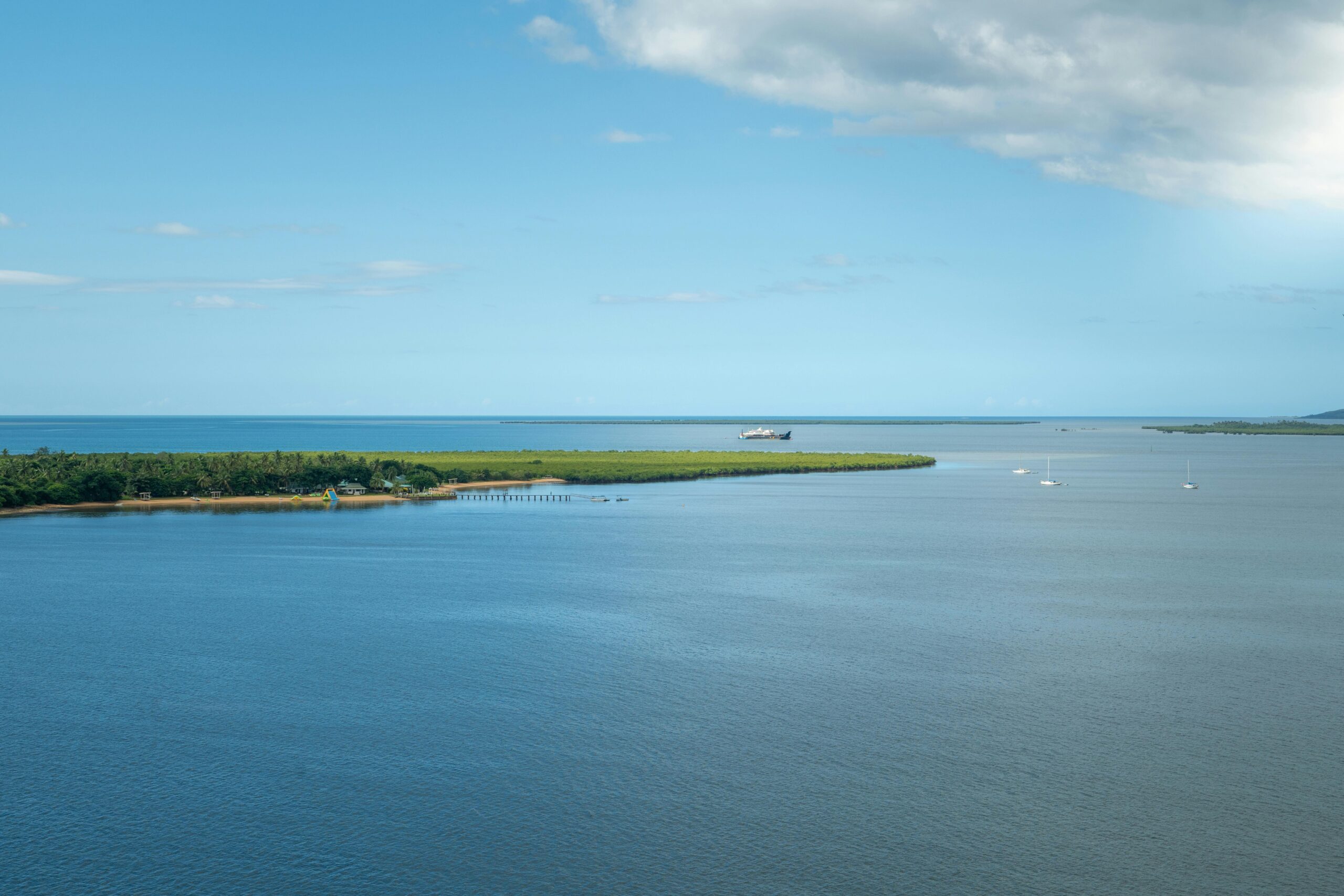Blue Carbon Audit for the South Pacific
Alluvium supported the MACBLUE project to assess and protect blue carbon ecosystems across the Pacific, providing data on carbon sequestration and habitat health while building local capacity for long-term coastal conservation.

Blue Carbon Ecosystems (BCEs), such as mangroves and seagrasses are highly efficient carbon sinks, capturing carbon at a much greater rate than terrestrial forests. These ecosystems also provide crucial services, including storm protection and habitat for fisheries. However, when they are degraded or removed, they release significant amounts of carbon, contributing to climate change. Protecting and restoring these habitats is vital for mitigating climate impacts and maintaining healthy coastal environments.
This project spanned four nations in the Pacific: Fiji, Papua New Guinea, Solomon Islands, and Vanuatu and contributed to the Secretariat of the Pacific Regional Environment Programme (SPREP)’s component of the Management and Conservation of Blue Carbon Ecosystems (or MACBLUE) project, aiming to “contribute to human and technical capacity to the mapping, management and rehabilitation of coastal ecosystems.” The MACBLUE project was a joint effort between the Deutsche Gesellschaft fur International Zusammenarbeit (GIZ), The Pacific Community (SPC) and SPREP. Its aim is to “strengthen coastal biodiversity conservation and management through protection and rehabilitation incentives for coastal carbon sinks in Pacific Island countries.” This project involved extensive engagement with local communities to obtain Free, Prior, and Informed Consent from local leadership and government agencies. The fieldwork aspect of this project was led by a team of botanists and field ecologists from EcoFutures as well as expert sub-contractors. These teams conducted rapid biodiversity surveys, above-ground carbon assessments, below-ground carbon sampling, and also facilitated workshops to train and collaborate with local communities in blue carbon assessment and monitoring techniques.
Through this work, we have verified satellite mapping, assessed carbon sequestration rates in seagrass and mangrove ecosystems, and evaluated the overall health of coastal blue carbon habitats. In addition, the project has built local capacity to better manage these critical ecosystems. The data collected will guide conservation efforts, helping governments protect and restore these essential habitats for future generations.


